Arthroscopy is a minimally invasive procedure that allows doctors to diagnose and sometimes treat joint injuries and disease through small incisions in the skin. It is often performed to confirm a diagnosis made after a physical examination and other imaging tests such as MRI, CT or X-rays.
During an arthroscopic procedure, a thin fiberoptic light, magnifying lens and tiny television camera are inserted into the problem area, allowing the doctor to examine the joint in great detail.
For some patients it is then possible to treat the problem using this approach or with a combination of arthroscopic and “open” surgery. Sports injuries are often repairable with arthroscopy. Tendon tears in the knee and shoulder are frequently repaired in this way. Other potentially treatable injuries include torn cartilage or ligaments, inflamed joint lining, rotator cuff tears, and loose bone or cartilage.
Arthroscopic surgery offers many benefits for patients experiencing joint problems. The procedure consists of minimally invasive techniques. Dr. Vlad Gendelman, MD, QME, diagnoses and treats a wide range of joint and mobility issues with greater precision and less trauma. Besides better mobility and joint health, patients experience less postoperative pain and faster recovery times than traditional open surgery.
Anyone interested in learning more about arthroscopic surgery near me should consider Urgent Orthopaedic Care.
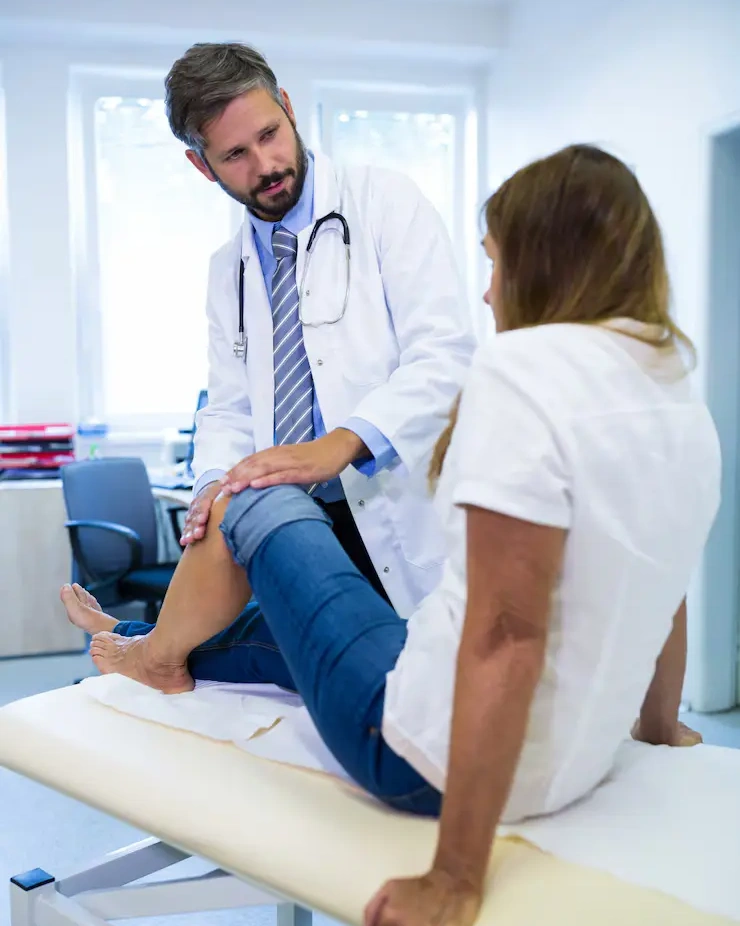
Arthroscopic surgery is a minimally invasive surgical technique used to diagnose and treat various joint problems. During the procedure, a small camera, also known as an arthroscope, is inserted into the joint through a tiny incision. The arthroscope transmits a detailed view of the cartilage, ligaments, tendons, bones, and tissues inside the joint onto a special monitor for the orthopedic surgeon to closely inspect the joint, including its cartilage, ligaments, and tendons, facilitating accurate diagnosis and targeted repairs as needed.
Arthroscopic surgery offers several advantages over traditional open surgery, including smaller incisions, reduced risk of complications, and faster recovery times. The surgeon can also perform therapeutic procedures, such as removing damaged tissue, repairing torn ligaments or tendons, and smoothing out rough cartilage surfaces. Arthroscopic surgery is a valuable tool in orthopedic medicine, enabling precise diagnosis and treatment so patients have better outcomes and enhanced joint function.
Arthroscopic surgery can be performed on various joints, including the knee, shoulder, hip, wrist and ankle, to address conditions such as torn ligaments, torn tendons, cartilage damage, and joint inflammation.
Below are the most common types of arthroscopic joint surgeries offered at our orthopedic surgery facility.
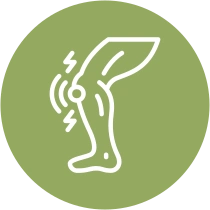
Identifies and treats torn meniscus, cartilage damage, ligament injuries (ACL or PCL tears), synovitis (inflammation of the joint lining), & other knee problems.

diagnoses and treats conditions like rotator cuff tears, labral tears, shoulder impingement syndrome, biceps tendonitis and acromioclavicular joint pathology.
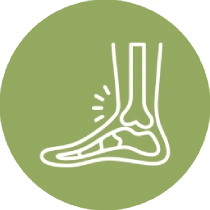
identifies and treats ankle joint issues like osteochondral defects, ankle impingement, synovitis, and ligament injuries.

addresses wrist problems, such as ligament injuries (e.g., scapholunate ligament tears), cartilage damage, and ganglion cysts.
Each type of arthroscopic surgery offers unique benefits to patients. Among them are smaller incisions, so there’s less tissue damage and surgical trauma, faster recovery times so individuals can resume their normal activities sooner, and fewer complication risks than conventional or open surgical procedures.
Because there are different arthroscopy procedures, treatment recommendations are based on the patient’s condition, severity of symptoms, and the joint involved. We encourage individuals interested in learning how they may benefit from arthroscopic surgery in Los Angeles to schedule a consultation with the Urgent Orthopaedic Care orthopedic surgery team.
Arthroscopic surgery is typically reserved for individuals with joint pain or mobility concerns that don’t improve with more conservative treatments, such as nonsteroidal anti-inflammatory drugs, physical therapy, self-care, and rest.
Key indicators that individuals may benefit from arthroscopic surgery in Los Angeles include the following:
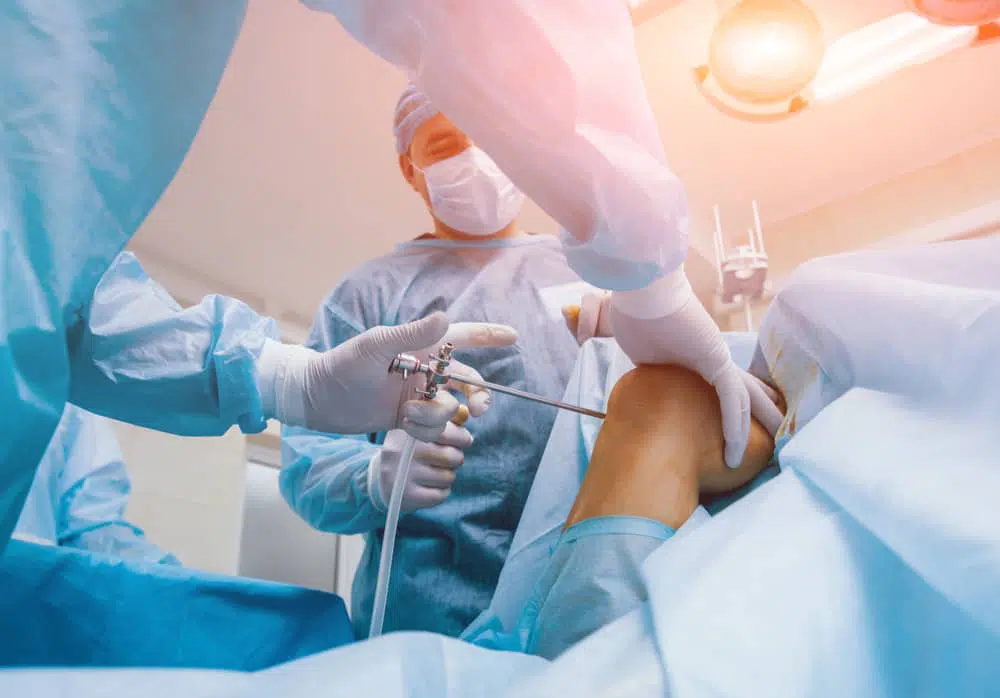
Contact us today to schedule an appointment with an orthopedic surgeon to learn if arthroscopic surgery in Los Angeles is right for you!
All arthroscopic surgery candidates are required to undergo preoperative evaluations, blood tests, imaging studies (such as X-rays or MRI), and physical examinations to assess their overall health and identify any potential risks.
To ensure patients are properly prepared and optimal outcomes, we require patients to make the following adjustments before arthroscopic surgery in Los Angeles.
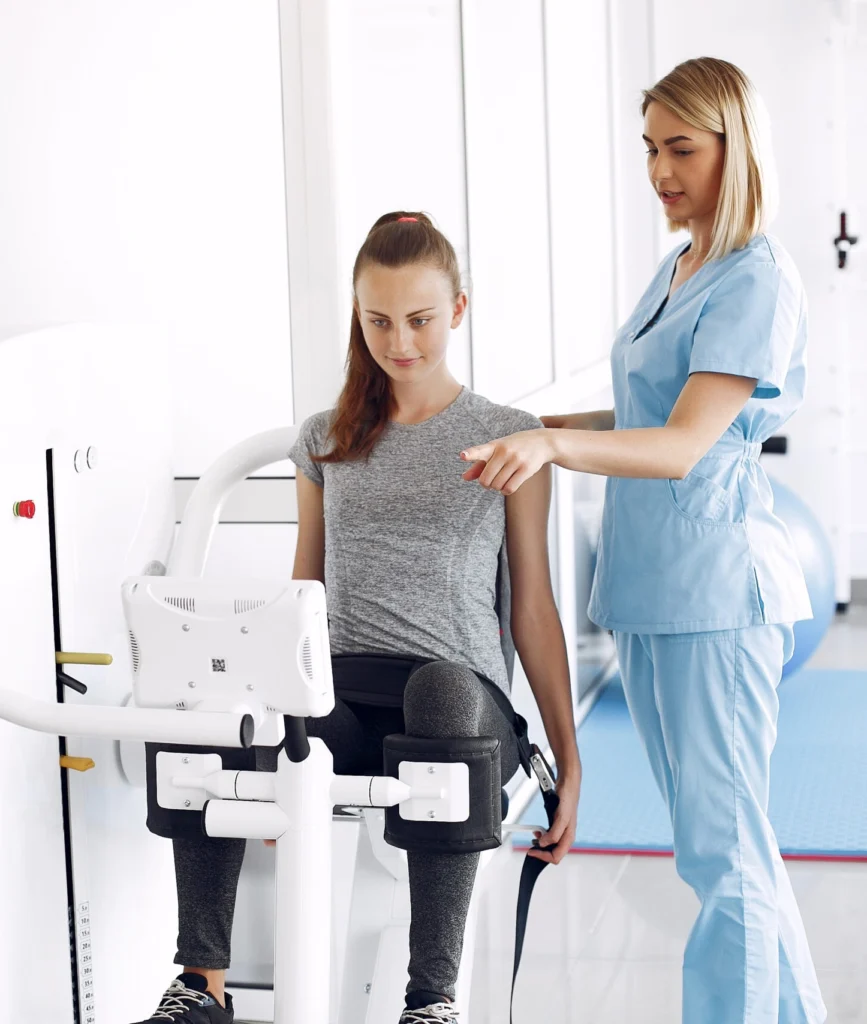
General arthroscopic surgery preparation guidelines are similar. We customize pre-operative care plans for each patient’s unique orthopedic care needs to enhance the safety and effectiveness of their arthroscopic surgery experience.
Patients are sedated with anesthesia to ensure their comfort during the procedure. The surgical site is then sterilized to minimize the risk of infection. The surgeon makes two to three keyhole incisions where the arthroscope and surgical instruments will be inserted. After administering a rinse to cleanse the area and enhance the view of the joints and tissues, the surgeon uses the camera on the tip of the arthroscope to visually inspect the inner joint structures and repair or remove damaged tissues. Once complete, the surgeon sutures the incisions closed and applies sterile dressings for protection.
Arthroscopic surgery is a safe and effective treatment for those experiencing certain joint issues. The procedure allows patients to return to their normal activities with minimal discomfort and downtime.
Proper postoperative care is crucial for a successful recovery after arthroscopic surgery. Instructions are provided prior to discharge. Patients should adhere to their orthopedic surgeon’s post-operative care instructions and the following guidelines.
Use prescribed pain medications as directed
Avoid exercises and activities listed in their recovery plan
Keep the incisions clean and dry to prevent infection
Use assistive aids, such as crutches, walkers, etc., as necessary
Attend all follow-up appointments to monitor healing and recovery progress
Use ice packs to help minimize swelling and surgical site discomfort
Avoid baths and swimming pools to avoid soaking the incisions
Complete physical therapy to optimize joint mobility, function, strength, and health
Arthroscopic surgery in Los Angeles is safe, but like any surgical procedure, there are some risks that could lead to potential complications.
Below are the most common risks associated with arthroscopic surgery:
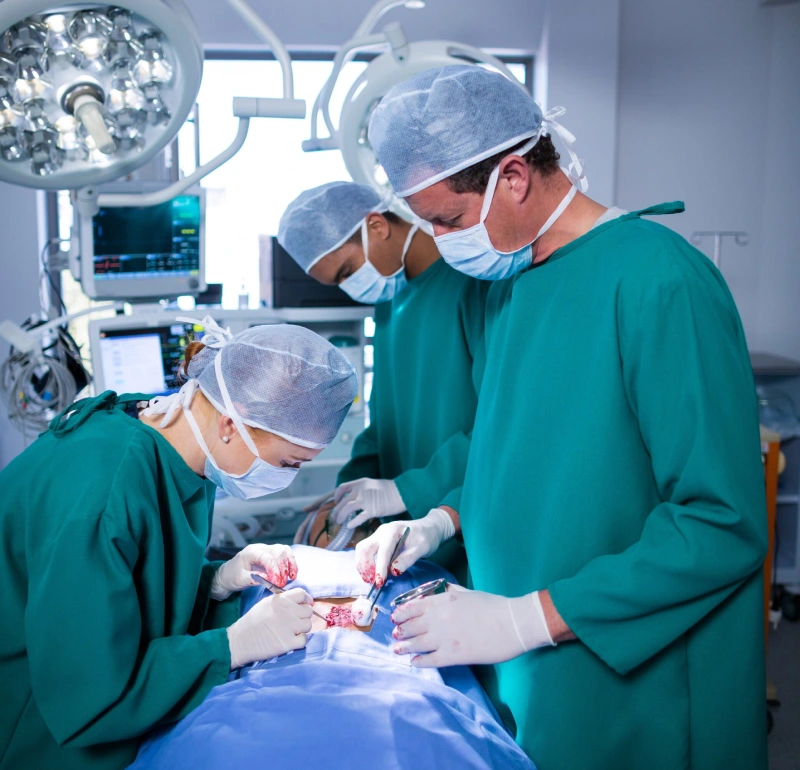
Arthroscopic surgery in Los Angeles has a less than one percent adverse risk and complication rate. Even so, our orthopedic surgery team takes all precautions possible to minimize these risks and ensure optimal patient outcomes. Patients can further reduce their risk of complications by following their surgeon’s instructions for preoperative preparation, postoperative care, and rehabilitation.
Arthroscopic surgery offers the following advantages over traditional open surgery, making it a preferred choice for Urgent Orthopaedic Care patients and staff.
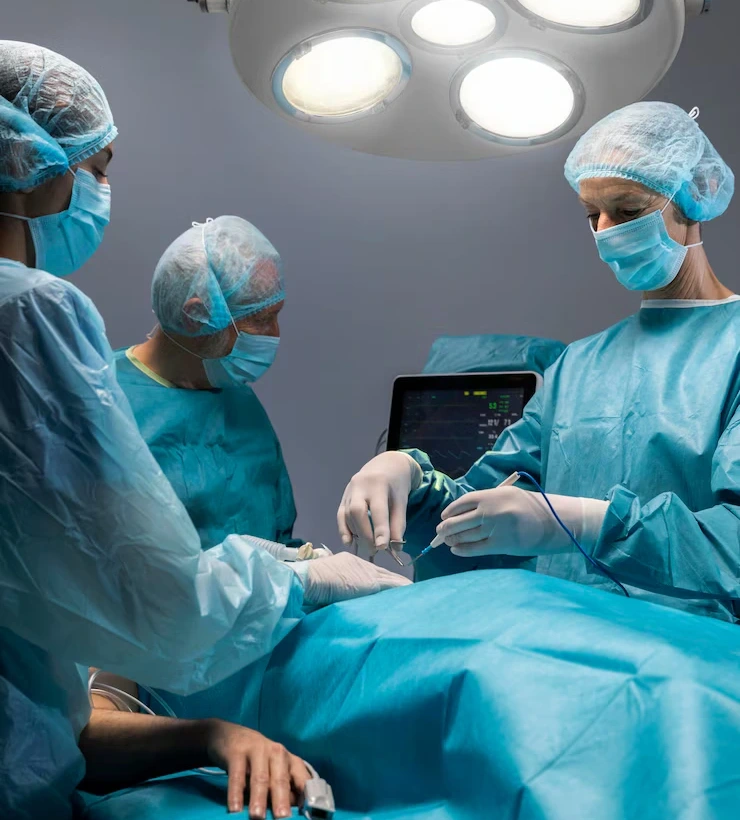
Choosing Urgent Orthopaedic Care for arthroscopic surgery means opting for excellence in care and outcomes. Our highly skilled team, under the guidance of Dr. Vlad Gendelman, MD, QME, specializes in minimally invasive procedures, ensuring precise treatment with quick recovery times. We use state-of-the-art equipment and advanced techniques to diagnose and treat joint issues, minimizing pain and promoting faster healing.
Our comprehensive approach includes personalized preoperative planning, expert surgical care, and supportive postoperative rehabilitation tailored to your needs. With a commitment to patient-centered care and a track record of successful surgeries, we are dedicated to helping you return to your active lifestyle swiftly and safely. Contact us today!